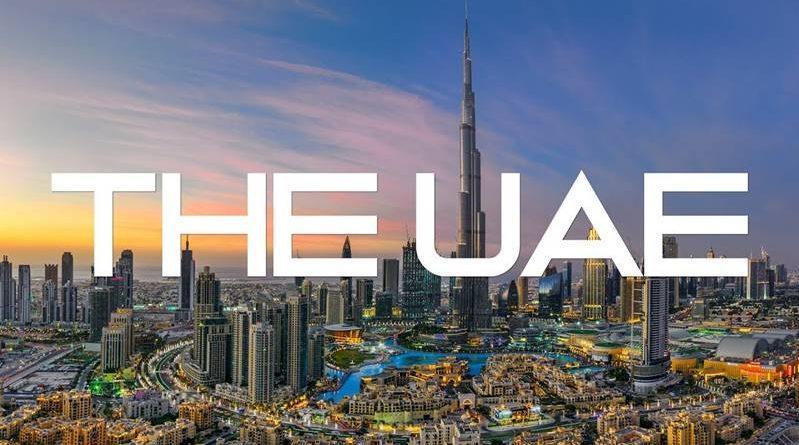The UAE is on course to become a global health hub
Over a decade ago, the preference for UAE residents seeking medical treatment was to go abroad, as indicated by a 2009 survey conducted by YouGov for The National. While subsidized medical travel was an option for citizens in need, the landscape has shifted significantly. Presently, the UAE has become a destination for healthcare, attracting visitors not only from the GCC but also from other parts of the Middle East.
The country has emerged as a rapidly growing market for medical tourism, with bookings doubling in the past year according to one travel operator cited by The National. The global medical tourism industry is valued at nearly $32 billion, with the UAE playing a significant role. In addition to specialized treatments like cancer therapy and bariatric surgery, the country also caters to general wellness, with wellness tourists spending an estimated $5.4 billion in the Emirates in 2022.
The UAE has transformed into a healthcare hub in recent years, supported by the establishment of top-tier hospitals and increased investments in healthcare professionals and infrastructure. The 2024 federal budget reflects this commitment, allocating 8% of its total budget, amounting to Dh5.2 billion ($1.4 billion) for healthcare, an increase of Dh800 million ($220 million) from five years ago.
The demand for healthcare services in the UAE is substantial, surpassing that of other GCC countries, with projections indicating consumer spending on healthcare to reach $30.7 billion by 2027.
Moreover, the influx of patients is accompanied by the establishment of overseas healthcare providers in the UAE. Abu Dhabi, for instance, hosts a prominent hospital affiliated with the renowned Cleveland Clinic, recognized as one of the top 50 hospitals globally. This, along with other high-quality healthcare facilities across the UAE, underscores the country’s growing prominence in the healthcare sector.
The UAE’s focus on medical tourism is driven by the desire to establish a higher-quality healthcare system for its residents. President Sheikh Mohamed emphasized the importance of strengthening the country’s health system, not only for well-being but also for the dignity of UAE residents, in his message on World Health Day.
The Emirates’ investment in healthcare extends beyond its borders, encompassing global partnerships, cooperation, research, and investment in disease eradication, prevention, and humanitarian relief. Over the past decade, the UAE has invested over $250 million in eradicating tropical diseases. Additionally, the country has emerged as a regional leader in humanitarian healthcare, establishing field hospitals in Gaza and Egypt and providing life-saving treatment to Palestinians and Afghans by evacuating them to the Emirates.
Policy reform has played a crucial role in driving progress within the country. The introduction of a nationwide health insurance mandate this year, which requires employers in all seven emirates to provide healthcare coverage for their staff, marks a significant milestone. Previously, this requirement was limited to Abu Dhabi and Dubai.
To become a global leader in healthcare, the UAE must continue investing in various areas, including patient-support services, language interpretation, accreditation, and ensuring accessibility to the most expensive services for all patients in need. With the nationwide mandate set to take effect next year, more individuals will have access to the UAE’s healthcare system than ever before. This presents both new challenges and opportunities for regulators and providers alike. SOURCE: TheNationalNews




